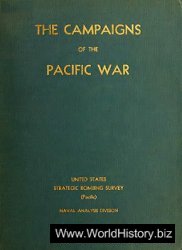Pope (1288-1292).
Born into a poor family near Ascoli Piceno, Italy, on 30 September 1227, Girolamo Masci joined the Franciscan Order at a young age, becoming minister-general of the order in 1274. Four years later he became cardinal of St. Pruden-ziana, and in 1281 he became bishop of Palestrina, where he cemented his alliance with the influential Colonna family. The college of cardinals had difficulty in choosing a successor to Honorius IV in 1287, being unable to resolve pro - and anti-Angevin disagreements. After eleven months, the cardinals chose Girolamo as a compromise candidate. The Franciscan at first refused the honor, but he accepted after the conclave chose him again in a second election.
Nicholas was a partisan of the Angevins: he crowned Charles II of Anjou as king of Sicily, ignoring the claims of James of Aragon, who actually ruled the island. He furthermore refused to crown Rudolf of Habsburg as Holy Roman Emperor, although Rudolf had been elected king of Germany at papal insistence. Nor did he accept Rudolf’s son as king of Hungary, crowning instead Charles, son of Charles II of Anjou.
Nicholas was well aware of the precarious position of Out-remer in the late thirteenth century, and he struggled to plan a crusade. The fall of the city of Acre (mod. ‘Akko, Israel) to the Mamluks during his pontificate was a confirmation of his fears. The pope suggested uniting the Hospitallers and Templars into a single order, an idea that came to pass only too violently a little more than a decade after his death. Although Nicholas’s crusading plans did not reach fruition, his support of missionaries to Asia and Ethiopia maintained religious contact with the Eastern world. Nicholas died on 4 April 1292 in Rome.
-Christopher MacEvitt
Bibliography
Franchi, Antonino, Nicolaus Papa IV: 1288-1292; Girolamo d’Ascoli (Assisi: Porziuncola, 1990).
Niccolo IV: Unpontificato tra Oriente ed Occidente, ed. Enrico Menesto (Spoleto: Centro italiano di studi sull’Alto Medioevo, 1991).




 World History
World History









